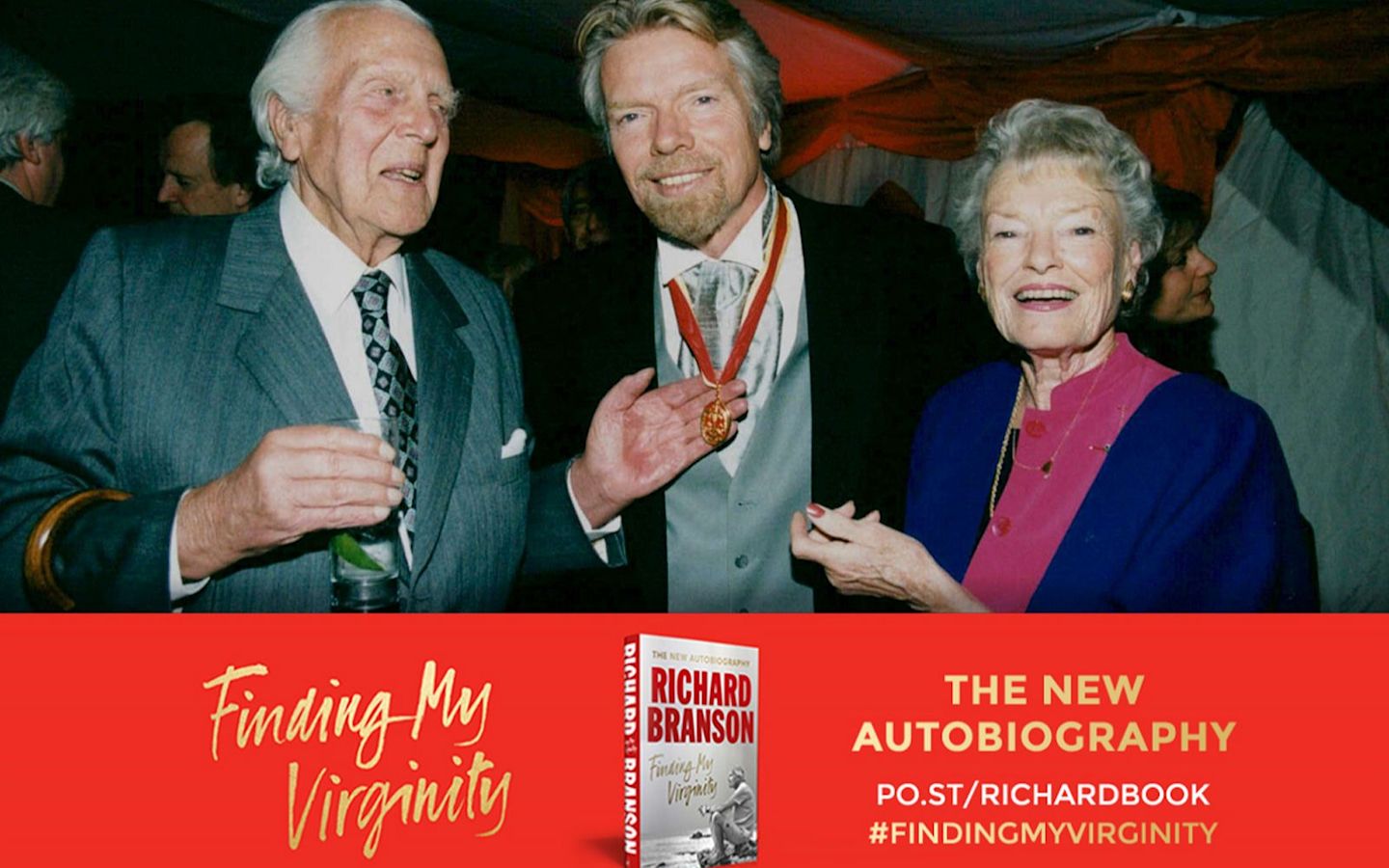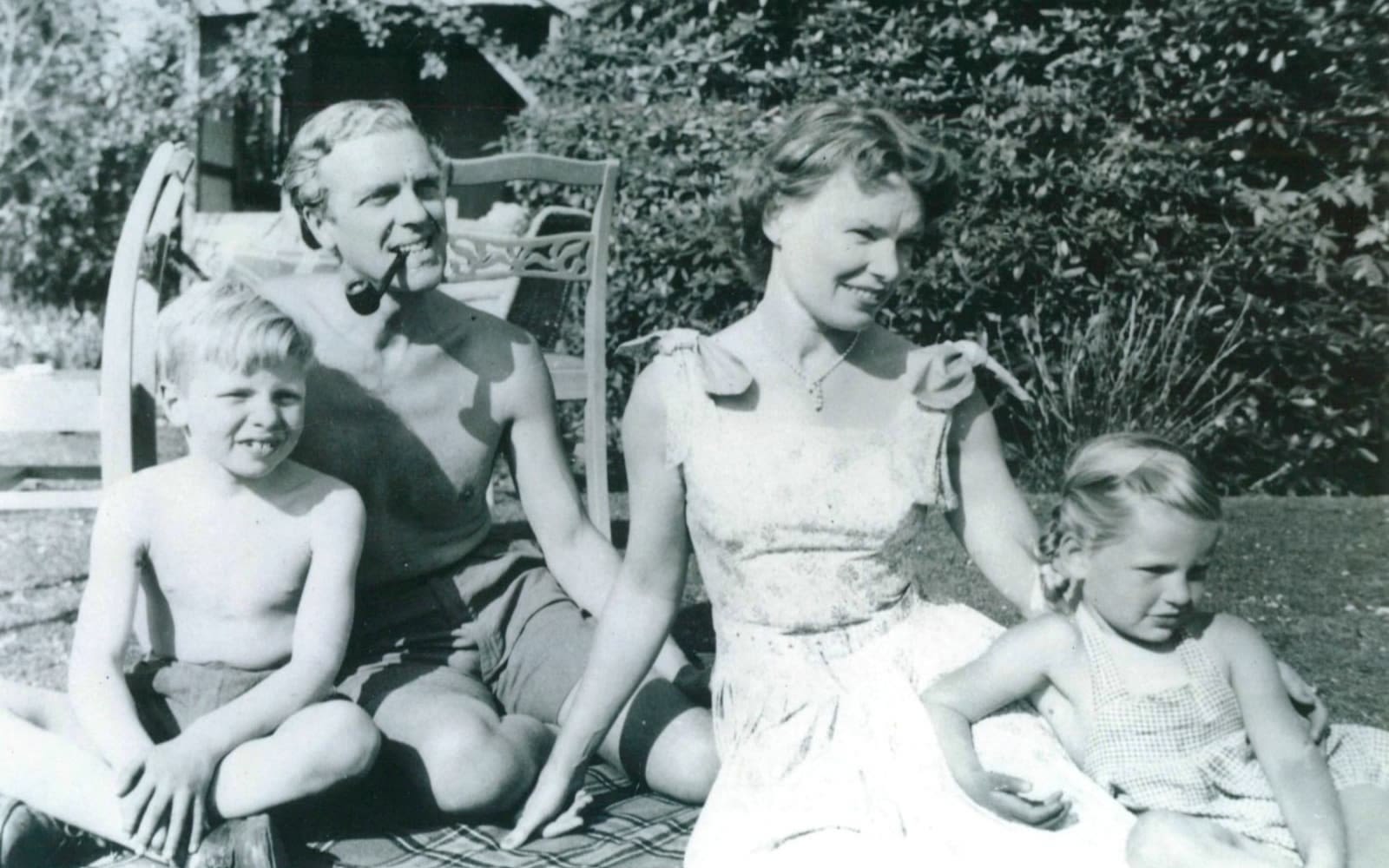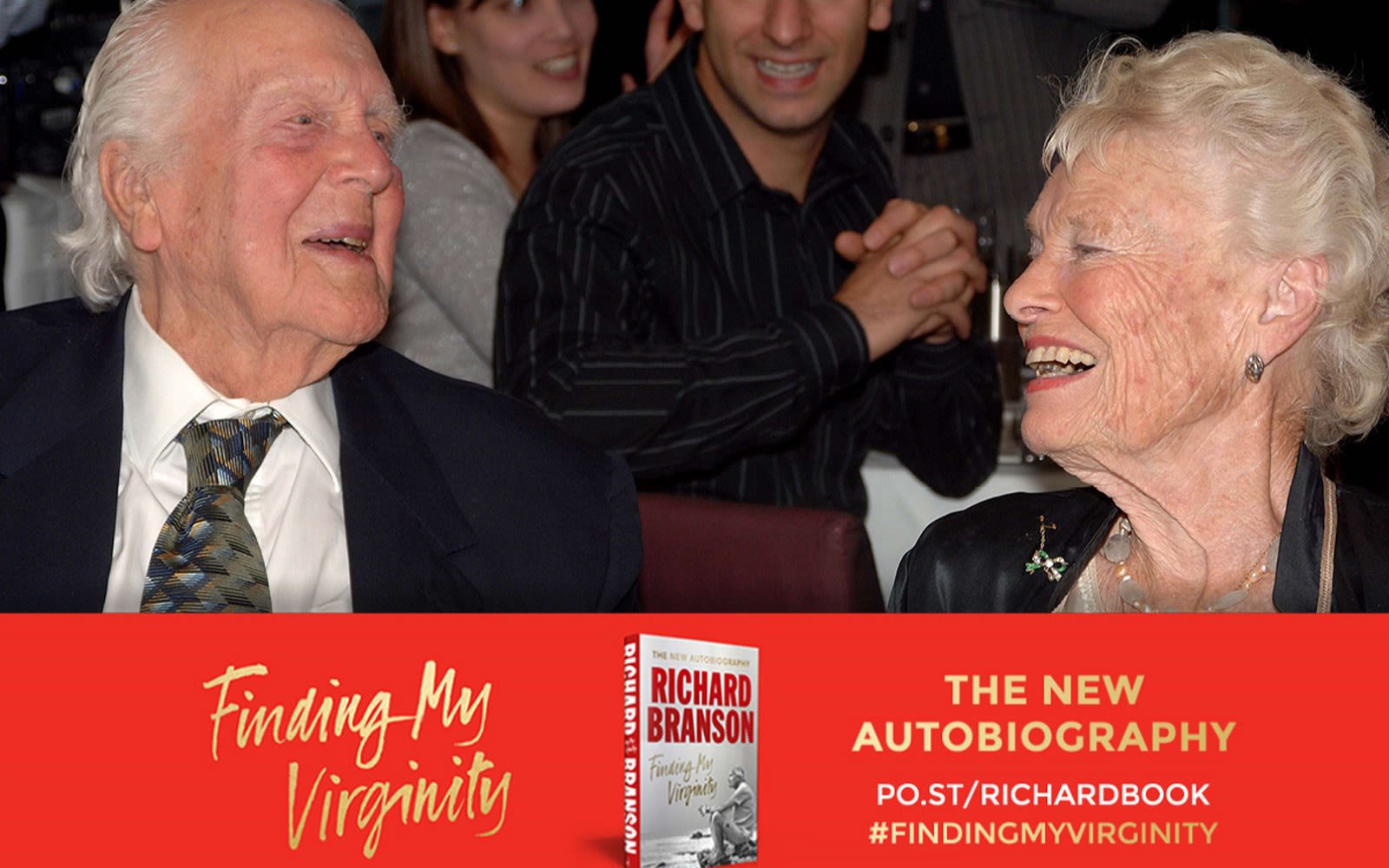Isn’t life wonderful? Lessons from my dad
I learned so many valuable lessons from my father – how to be a man, how to raise a family and how wonderful life is. I shared some of these insights in my new autobiography
Dad had always loved spending time on Necker and enjoyed studying the animals, often wandering off on an island walk with his trusty binoculars in hand. He also appreciated Necker as the place where he had spent so much time making memories with his family. So it was no surprise that, before he died, he asked me to have his ashes brought to Necker Island when the time came. He wanted them scattered at the far end of the island, where he could be among his loved ones in the beautiful natural habitat he revered so much.
I was the only one in the family who didn’t attend the service at the crematorium. I stayed away, not because I was so upset to lose him, but because I wanted to remember him as he was in life. I have never for a moment regretted that decision. As Joan put it best: ‘Everybody grieves in different ways, and we should all accept that.’ But I was there for the wonderful get-together we had later on Necker to scatter the ashes, full of love, laughter and joy – just like Dad. All of his family and friends came to celebrate his incredible life, which had been his greatest adventure of all.
Dad died a happy man. The only way you can do that is by filling your life with purpose and love: what you give, what you do, how you treat people and how you make them feel. Whenever Dad is brought up in conversation, it isn’t long before everyone is rolling around laughing, recalling one of his many anecdotes, adventures and ‘Ted-isms’. He taught me how to get people’s attention and affection through stories, how to see the humour in everything, how to wear my heart on my sleeve. Most of all, he taught me what it means to be a father and a man. Together with my mum, he showed me why it is so important to put others before yourself, and why it is crucial to live every day as if it is your last.
A few years later, my friend Suhail Rizvi’s father passed away, and he sent me a lovely note that also reflects how I feel about my dad. ‘As a child he taught me how to live, as an adult he taught me how to parent. When I thought he had nothing left to teach me, he taught me how to die with grace and dignity.’ After Dad’s death, it did make me think about my own mortality a bit more, about Joan, about Holly and Sam and my family. I’m sixty-seven, my wife has turned seventy and our children are in their thirties. I vividly remember thinking when Holly was born that when she reached her thirties I really would be old. So, although I hope to live into my nineties, like my parents, it is natural to think about the end a little more.
We all have to accept our own vulnerability – one fact of life is that it doesn’t go on forever. While I don’t think it is important where one’s physical remains are put, I will take up a little piece of the place I love most – Necker. I would be pleased to be buried at the remote, far end of the island under a few stones, with wildlife all around. But I wouldn’t want everybody to gather somberly when it happens. In fact, I would recommend people turn up in swimming costumes, with colour blazing, drums beating, humour abounding and love surrounding all. I would like a joyful celebration of my life, not a sad mourning of my death. I think the most pleasing thing for myself and Joan is that we have two fantastic kids who have found two wonderful partners. I’d be very surprised if they aren’t married for life, as Joan and I have stayed together. I am happy my legacy will live on with my family, and making a difference like Dad did. He had a kind word for everyone, an infectious laugh, a cheeky streak and a thirst for exploration that I am immensely proud to have inherited. His favourite phrase was: ‘Isn’t life wonderful?’ It truly is, though a little less wonderful without him.




